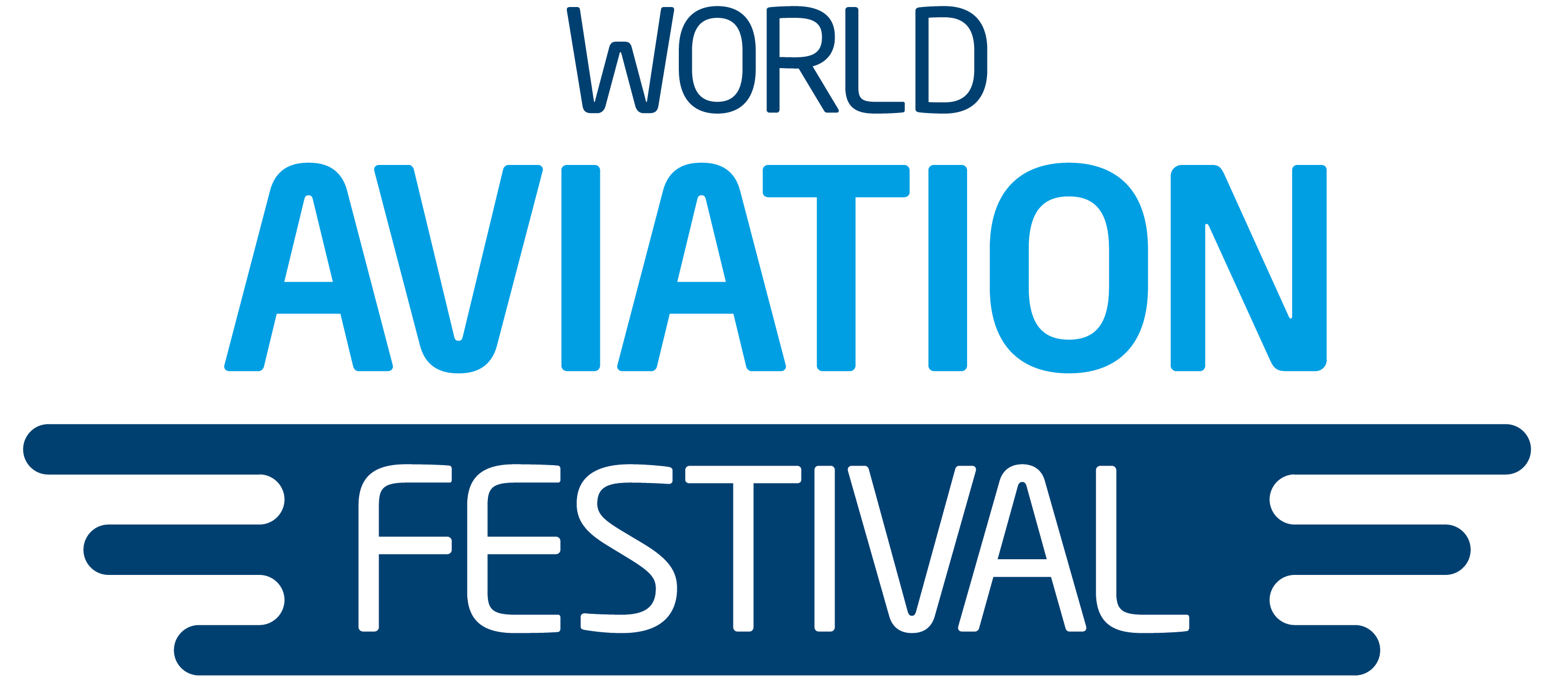Interview with Robert Horton, DFW Airport – “Sustainability is complimentary to good business”
Robert Horton, Vice President, Environmental and Social Affairs DFW International Airport joined us at this year’s World Aviation Festival to discuss sustainability and aviation.
Dallas Fort Worth (DFW), the fourth largest airport in the world by passenger number has consistently been at the cutting edge of aviation’s environmental technology. Beginning their sustainability journey 16 years ago, DFW was named the first carbon neutral airport in North America by 2016. Always striving to improve, the airport has set itself a new, ambitious target: net-zero by 2030. This is 20 years ahead of the United Nations’ target.
Exploring the compatibility between sustainable objectives and airport operations, the interview covers the role technology plays at DFW in minimising aviation’s environmental impact, DFW’s ambitions for the coming year, and the challenges and lessons learned so far.
Throughout the course of the interview, details on some specific applications of exciting technologies utilised in the airport are explored. This includes the airport’s use of digital twin technology, which Robert describes as “a catalyst that will propel us into the future.” The benefits of electrochromic coated glass (dynamic glass) are also explored, understanding the role that it plays in conserving energy in the airport.
Discussing the details of the sustainability orientated technology at DFW provided a useful insight into the practical applications and benefits of these technologies. However, the strongest take-away from the conversation was: sustainability and good business do not have to sit in tension with one another. To the contrary, when applied correctly they can be complimentary.
The DFW 2021 Environmental, Social and Governance Report identifies Climate Action and Energy Performance as two of the airport’s guiding North Stars. The compatibility of these two goals is outlined in the report,
“Smart technology, real-time energy monitoring and data management, and modelling and simulation tools can help optimize operations to eliminate inefficiencies and maximise performance.”
Through optimising across airport functions, energy and economic cost can be reduced.
The message that sustainability and good business are complimentary resonates in the current climate. Emerging from a global pandemic, industry players may not feel they have cash to spare and perceive it as a choice between investing in the business and mediating environmental impact. In contrast to this, Robert highlights that the shift towards sustainable operations provides an opportunity to improve economic performance through conserving energy and optimising usage.
For our latest article on sustainability and airports read Christchurch and Hamburg airports’ partnership. 18,5000km apart by side-by-side tackling climate change and Mumbai International Airport becomes another of India’s 100% green energy airports.
Article by Jess Brownlow





